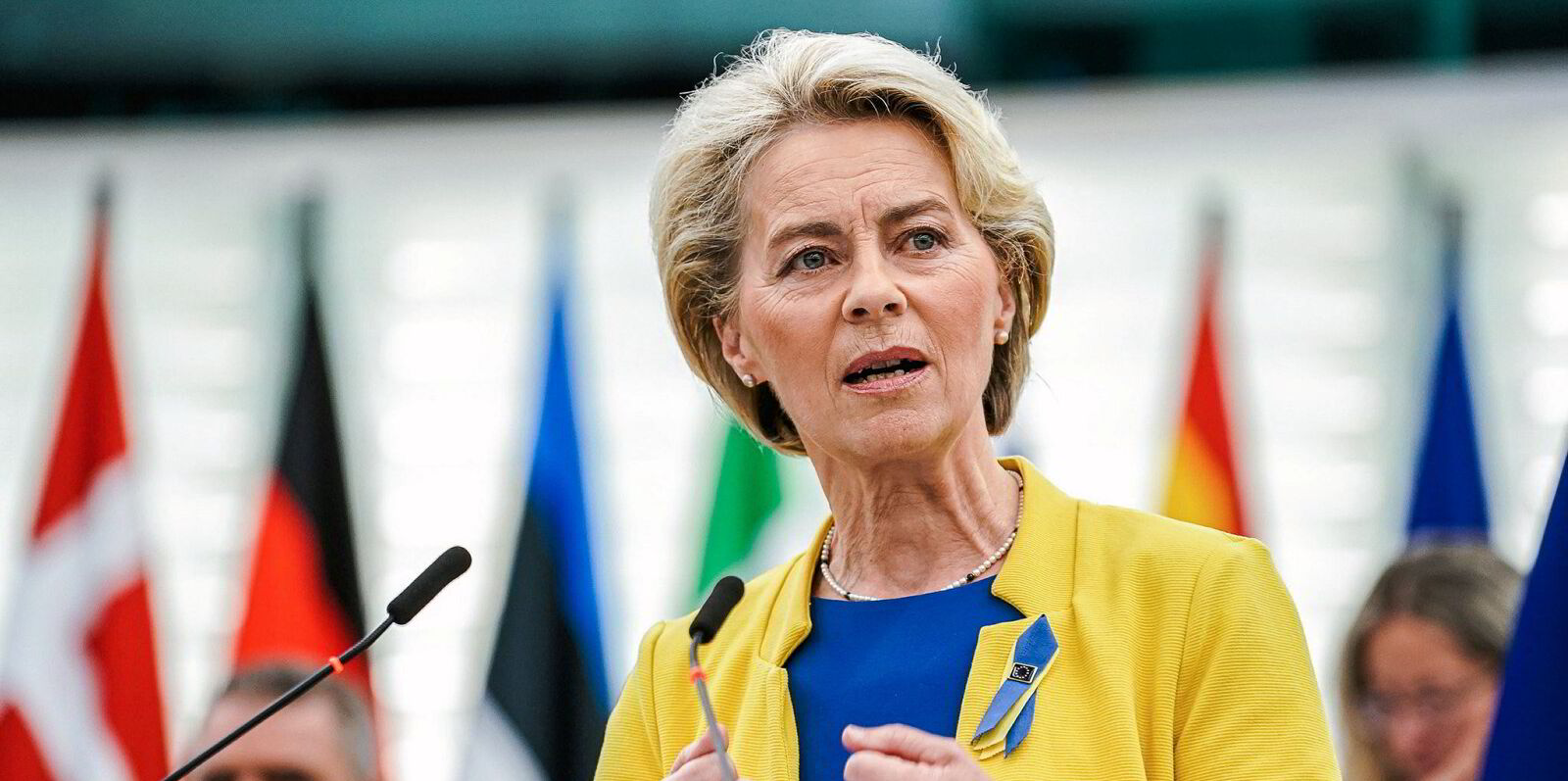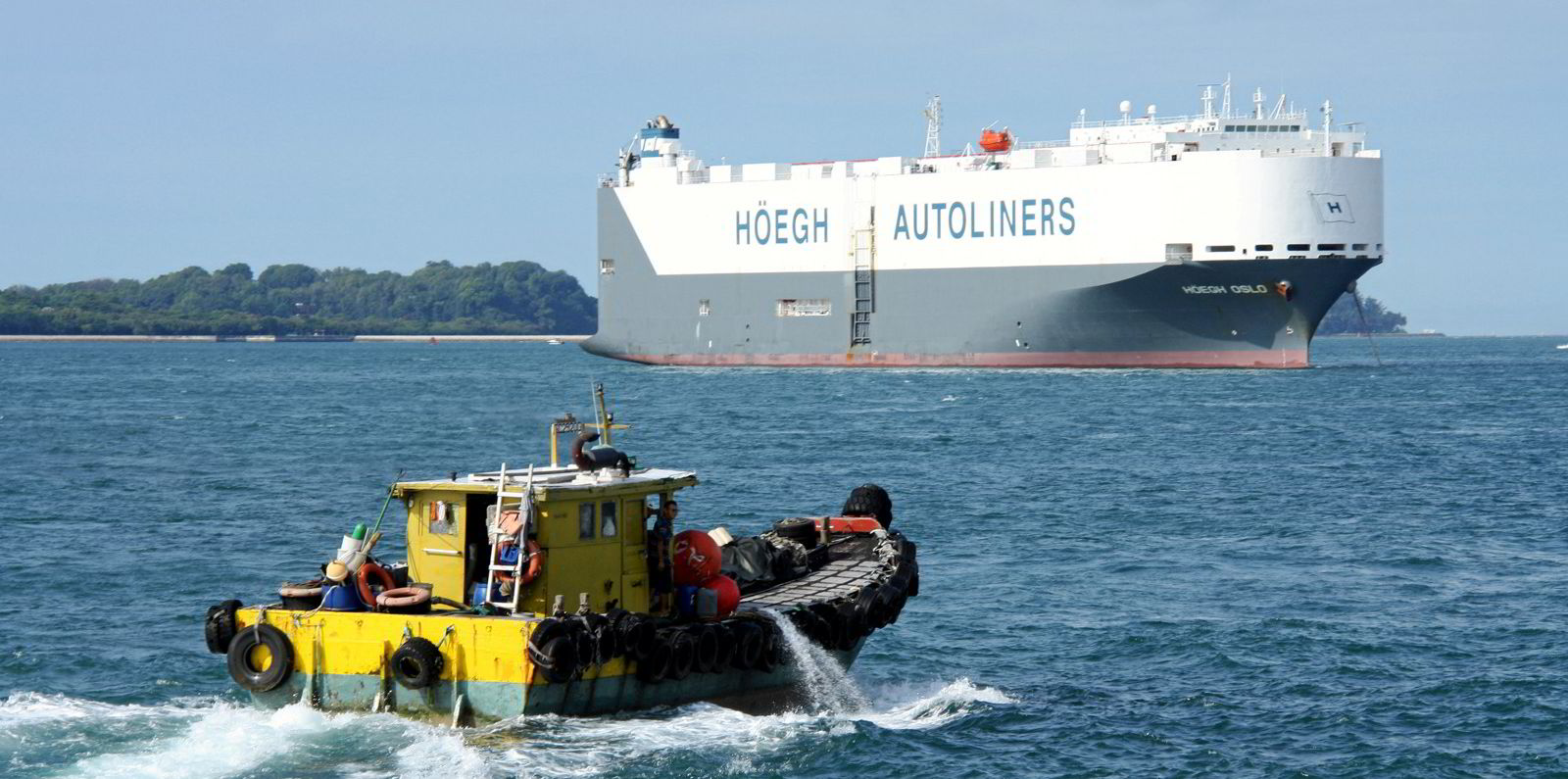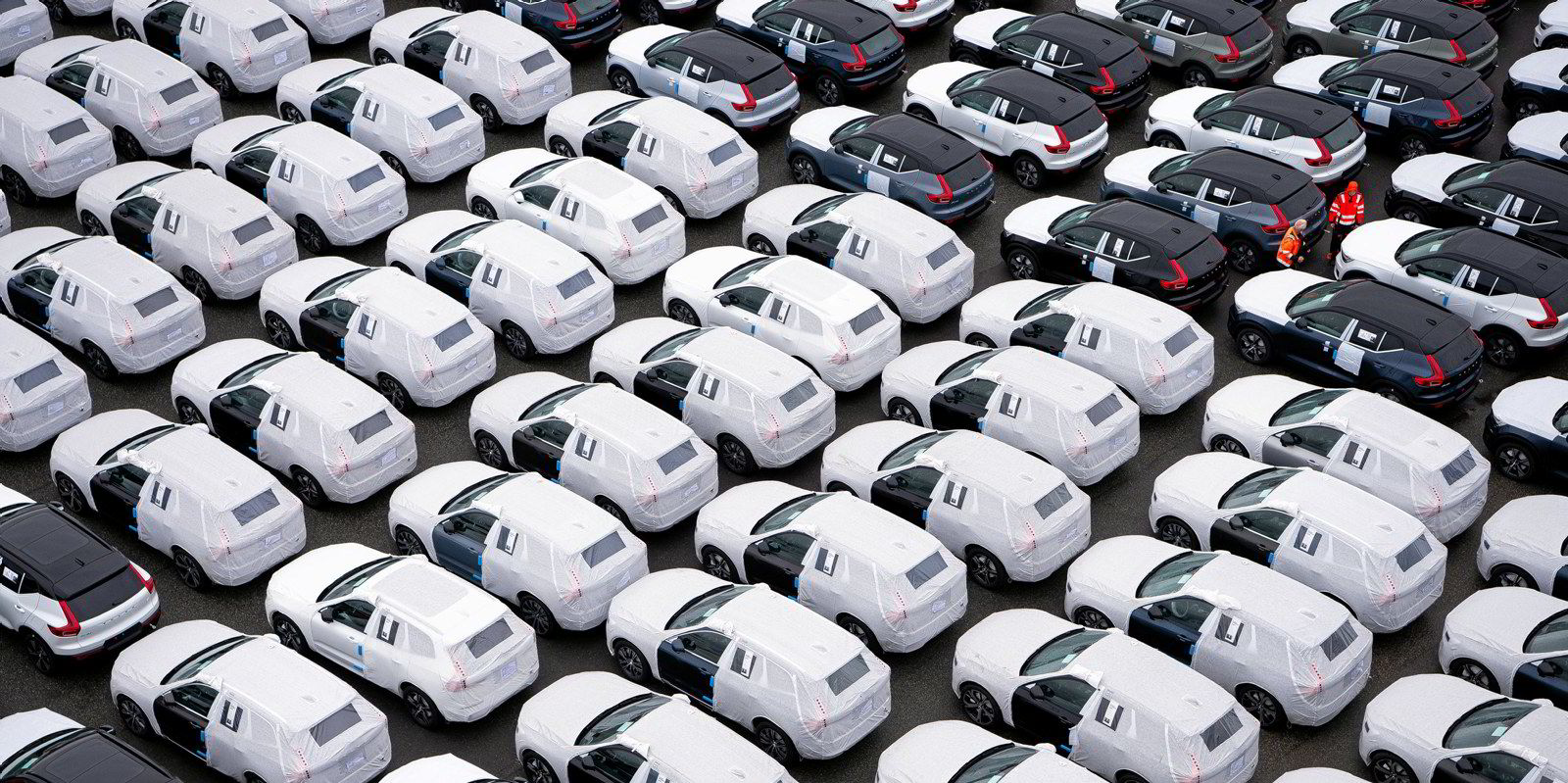A secret vote has signalled European Union support for tariffs on Chinese electric vehicles — one of the driving forces behind a strong car carrier market — but the devil remains in the details.
Twelve member states reportedly voted in support of the tariffs in an advisory vote held this week, while four voted against it.
But 11 countries abstained, suggesting support could be tepid.
“A final vote on the tariffs is expected within November, and [the] EU’s proposal could be blocked if a qualified majority of the EU’s 27 members is opposed,” ABG Sundal Collier analyst Petter Haugen said in a note.
“A qualified majority needs 15 EU members representing 65% of the EU population to be in favour.”
He added that a qualified majority could vote against it, preventing the tariffs from being levied.
If a qualified majority fails to decide one way or another, the tariffs could be adopted or an amended version could be considered.
Several media reports said Italy and Spain are backing the tariffs, which could be as high as 36.7% on Chinese-built vehicles, while Germany and Sweden abstained.
The EU moved forward with potential tariffs last autumn, taking customs registrations on the imported cars and initiating an investigation on Chinese subsidies to the industry.
At the time, it was dismissed as political posturing driven by labour in countries like France, where carmakers are producing electric vehicles domestically. Some thought BMW and Volkswagen outsourcing some production to China would create a geographic divide in the bloc.
But earlier this month, the European Commission announced provisional tariffs including a 17.4% rate on BYD, 19.9% on Geely and 37.6% on SAIC Motor after finding the Chinese automotive industry was receiving unfair subsidies.
Those Chinese automakers that cooperated with the investigation would see a 20.8% levy versus a 37.6% tax on non-cooperative builders.
These rates are on top of existing 10% tariffs.
Still, figures in the car carrier market do not expect big impacts from the higher tariffs.
Earlier this year, Wallenius Wilhelmsen and Hoegh Autoliners argued that despite China’s ascent to the top spot among car exporters, their Chinese volumes are small.
Haugen has argued the supply-demand balance is enough to keep rates strong, as the market is undersupplied by 15% and removal of all Chinese cargoes would only decrease demand by 6%.
Clarksons assesses a 6,500-ceu car carrier on a six to 12-month charter would earn $105,000 per day, down from the $110,000 per day seen at the start of the year and the $111,250 per day average last year.
But those are still blockbuster rates compared to previous years. For the period from late 2016 through to early 2021, the vessels earned less than $20,000 per day on a one-year time charter.
Throughout 2021, the average peaked above that figure to $25,583 per day then further to $72,167 per day in 2022 as vehicle demand rose.





